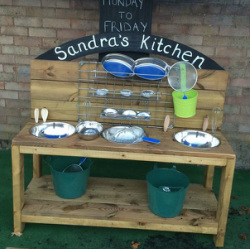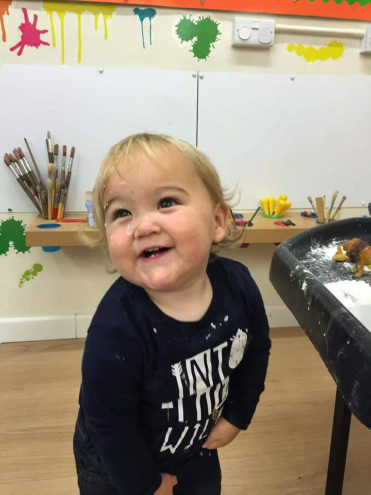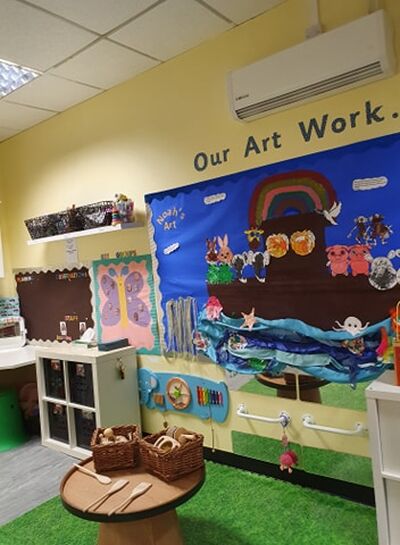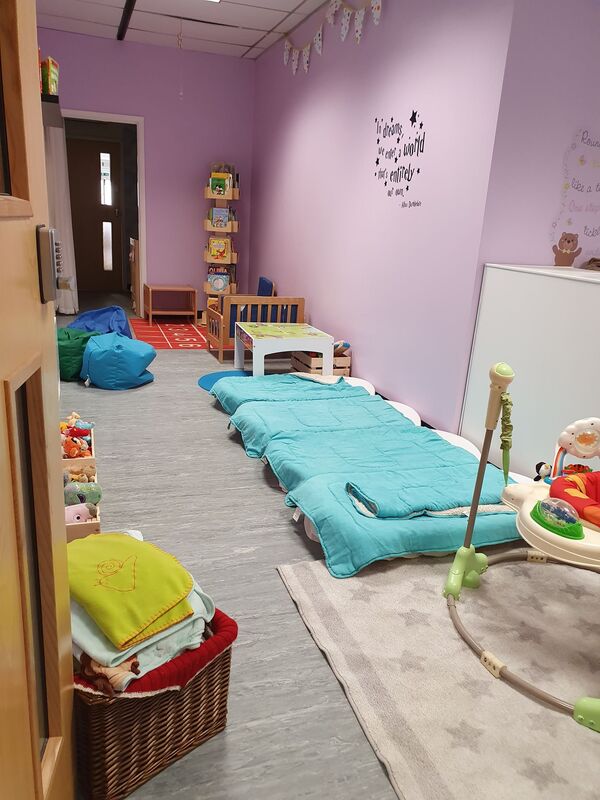The Importance of Early Years

Research shows high-quality early learning and care is important because children who attend higher quality preschool provision tend to do better throughout primary school, particularly in reading. Evaluation of the two-year-old free entitlement to childcare backs this up. It showed that those children who had attended a high-quality setting had a significant improvement to their vocabulary.
Quality early learning and childcare can make a real difference to children’s future success in school and later life, and help them to fulfil their full potential.
Key findings from The Effective Provision of Pre-School Education (EPPE) Project found the following over the preschool period:
Does type of pre-school matter?
There are significant differences between individual pre-school settings and their impact on children, some settings are more effective than others in promoting positive child outcomes. Good quality can be found across all types of early years settings; however quality was higher overall in settings integrating care and education and in nursery
schools. Effects of quality and specific ‘practices’ in pre-school High quality pre-schooling is related to better
intellectual and social / behavioural development for children. Settings that have staff with higher qualifications have higher quality scores and their children make more progress. Quality indicators include warm interactive relationships with children, having a trained teacher as manager and a good proportion of trained teachers on the staff. Where settings view educational and social development as complementary and equal in importance, children make better all round progress.
Effective pedagogy includes interaction traditionally associated with the term “teaching”, the provision of instructive
learning environments and ‘sustained shared thinking’ to extend children’s learning.
The importance of home learning for all children, the quality of the home learning environment is more important for intellectual and social development than parental occupation, education or
income. What parents do is more important than who parents are.
Quality early learning and childcare can make a real difference to children’s future success in school and later life, and help them to fulfil their full potential.
Key findings from The Effective Provision of Pre-School Education (EPPE) Project found the following over the preschool period:
- Impact of attending a pre-school Pre-school experience, compared to none, enhances all-round development in children.
- Duration of attendance (in months) is important; an earlier start (under age 3 years) is related to better intellectual development.
- Full time attendance led to no better gains for children than part-time provision.
- Disadvantaged children benefit significantly from good quality pre-school experiences, especially where they are with a mixture of children from different social backgrounds.
- Overall disadvantaged children tend to attend preschool for shorter periods of time than those from more advantaged groups (around 4-6 months less).
Does type of pre-school matter?
There are significant differences between individual pre-school settings and their impact on children, some settings are more effective than others in promoting positive child outcomes. Good quality can be found across all types of early years settings; however quality was higher overall in settings integrating care and education and in nursery
schools. Effects of quality and specific ‘practices’ in pre-school High quality pre-schooling is related to better
intellectual and social / behavioural development for children. Settings that have staff with higher qualifications have higher quality scores and their children make more progress. Quality indicators include warm interactive relationships with children, having a trained teacher as manager and a good proportion of trained teachers on the staff. Where settings view educational and social development as complementary and equal in importance, children make better all round progress.
Effective pedagogy includes interaction traditionally associated with the term “teaching”, the provision of instructive
learning environments and ‘sustained shared thinking’ to extend children’s learning.
The importance of home learning for all children, the quality of the home learning environment is more important for intellectual and social development than parental occupation, education or
income. What parents do is more important than who parents are.




